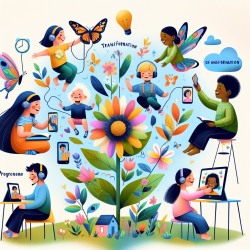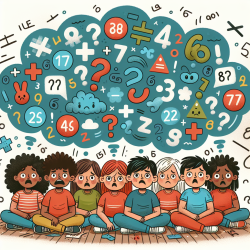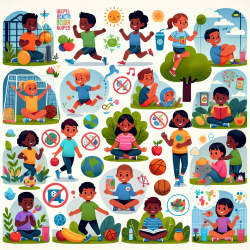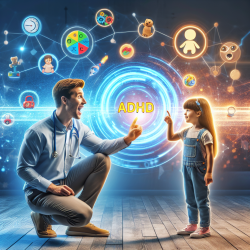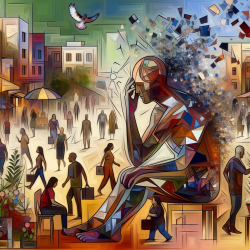Introduction
The COVID-19 pandemic has been a transformative period, particularly for people with disabilities (PWDs) in the United States. A recent study titled Narrative identity among people with disabilities in the United States during the Covid-19 pandemic: The interdependent self explores how PWDs have navigated this challenging time, emphasizing the concept of an interdependent self. This insight is particularly valuable for practitioners working with children, as it challenges traditional notions of independence and highlights the importance of interdependence in achieving well-being.
Understanding Narrative Identity and Interdependence
Narrative identity is the internalized story that individuals create about themselves, integrating past experiences, present realities, and future aspirations. The study reveals that PWDs often construct their identities as interdependent, intertwined with immediate interpersonal contexts and broader cultural narratives. This interdependent self is not only a reflection of their personal experiences but also a response to societal structures and cultural norms.
Implications for Practitioners
For practitioners, particularly those working with children, these findings offer a new perspective on fostering positive outcomes. Here are some ways to implement these insights:
- Promote Social Connections: Encourage children to build meaningful relationships with peers and adults. Social connections are vital for developing an interdependent self, where children learn to rely on and support others.
- Incorporate Cultural Narratives: Recognize and integrate cultural narratives into therapy sessions. Understanding how societal norms and cultural contexts influence identity can help children navigate their own stories more effectively.
- Emphasize Mutual Support: Teach children the value of mutual support and collaboration. Activities that require teamwork and cooperation can reinforce the importance of interdependence.
- Adapt to Individual Needs: Recognize that each child’s narrative identity is unique. Tailor interventions to support their specific needs and contexts, promoting a sense of agency within their interdependent framework.
Encouraging Further Research
The study's findings invite practitioners to explore further research on narrative identity and interdependence. By examining how these concepts apply to different populations and settings, practitioners can develop more effective strategies for supporting children’s development.
Conclusion
The concept of an interdependent self offers a transformative approach to understanding identity and well-being. For practitioners working with children, embracing this perspective can lead to more holistic and supportive interventions. By fostering social connections, incorporating cultural narratives, and emphasizing mutual support, practitioners can help children navigate their identities and achieve a more fulfilling life.
To read the original research paper, please follow this link: Narrative identity among people with disabilities in the United States during the Covid-19 pandemic: The interdependent self.
